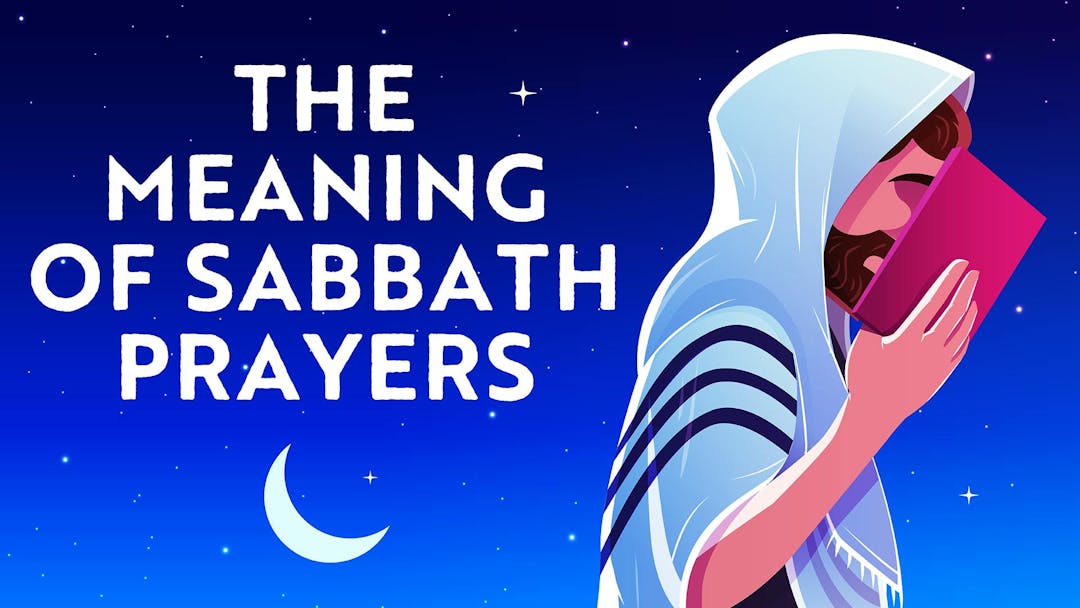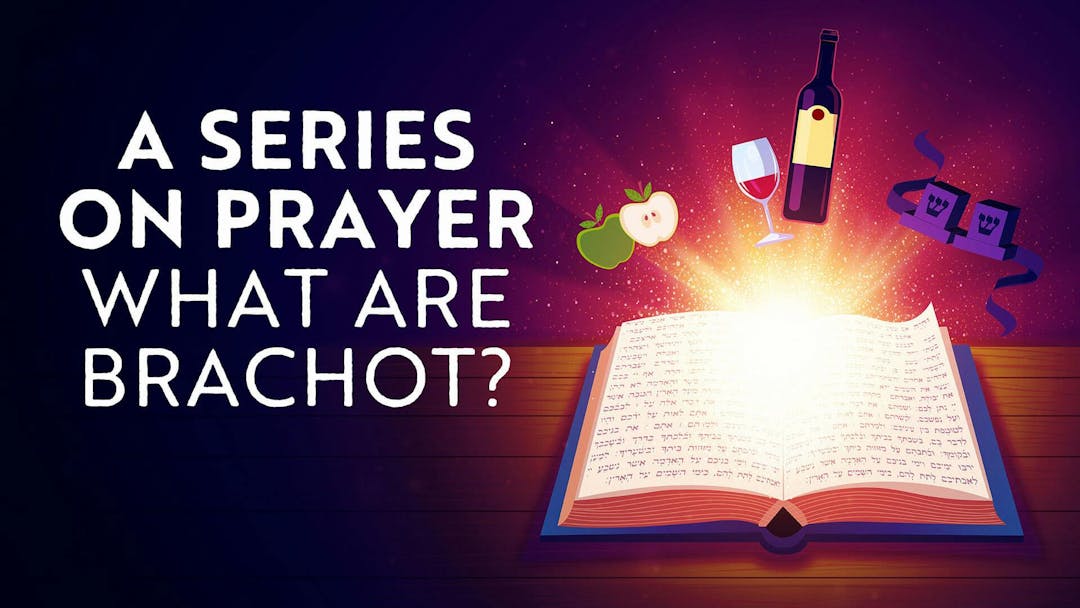Start your free trial today to unlock the full library and enjoy unlimited and uninterrupted access.
Get StartedWhy Should I Pray
Why It Is Important To Pray
Frantically flipping pages and mumbling words — for many this experience is familiar in our daily prayers. Our days are busy, difficult, and tiring. As a result, our prayers lose priority and, slowly, meaning. But it doesn’t have to be this way. There’s another way to think about prayer in our modern lives that is rich with meaning and inspiration. Join us as we explore the themes and rituals of prayer in our holy texts and rabbinic teachings and discover how they relate to our lives today — and never think about your daily prayer the same way again.
For more on prayer, see:
What is Aleph Beta?
Aleph Beta is a unique kind of Torah library. Led by our founder, Rabbi David Fohrman, we are dedicated to high-level, textual Torah learning for adults that is intellectually and spiritually sophisticated, that enlivens your Jewish practice and helps you forge a deeper connection to God. Whether you’ve been learning in yeshiva for years or you’re just beginning your Torah journey, you’re sure to find something meaningful and surprising waiting for you here.
Browse our library of over 1,000 beautifully produced animated videos, podcasts, deep dive courses, and printable guides. Topics include the weekly parsha, Jewish holidays & fast days, laws & mitzvot, prayers, relationships, big philosophical ideas and more. Have something to say at the Shabbos table that will amaze your family and guests and bring deep meaning into their lives.










